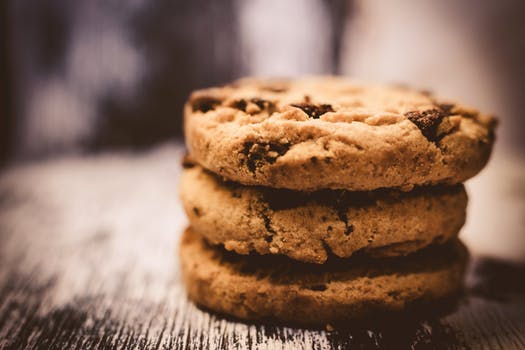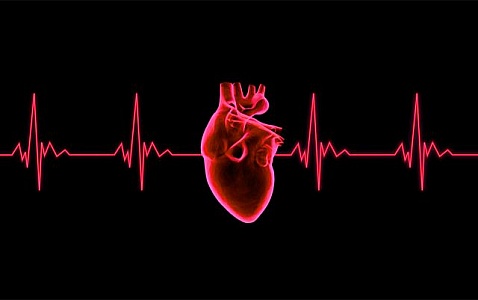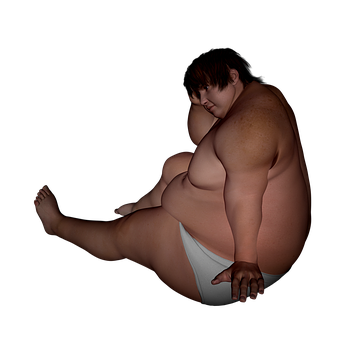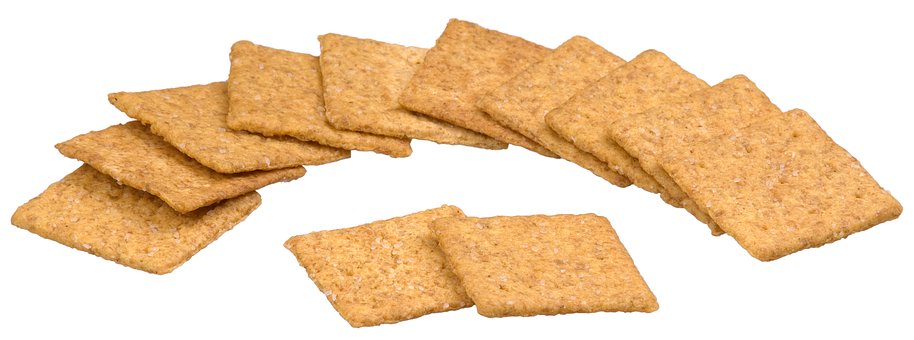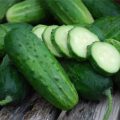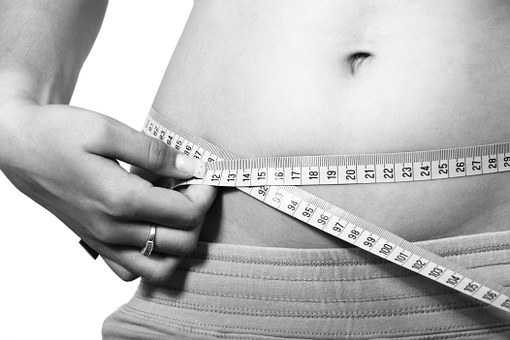For many, achieving cookiegazm at night has become a part of life while some are finding sleep almost impossible without midnight cookies order online, activating midnight cookie coupons, or pouncing on other snacks.
Most People eat late at night for a variety of reasons that has little or nothing to do with hunger. Some do it to satisfy cravings while others engage in the practice to cope with stress, boredom, or emotional distress. These nocturnal habits are not only detrimental to physical health, but they also have other far-reaching consequences according to recent studies. Cookies or biscuits as it is called in most parts of the world are baked or cooked from flour, and sugar, with some addition of oil or fat and other ingredients or flavorings which may include nuts, chocolate chips, oats, and raisins.
One major health benefit of midnight cookies apart from the satisfaction of midnight hunger is the pseudo-sedative effect it confers on you when you eat them. Approximately 100 grams of most common cookies contain 502 calories and a total fat content of around 24 grams. Consuming cookies at bedtime, just before sleep, or after dinner has several scientifically proven effects most of which are detrimental to health.
Why Midnight Cookies is bad for your health
Midnight Cookies Increase the Risk of Developing Type 2 Diabetes
Cookies, in general, are sugar packed with the exception of the salty and sugar-free or low-carb versions, the high sugar content can abruptly increase blood sugar levels. The introduction of these unnecessary calories into the bloodstream at night often leads to weight gain and obesity. Being overweight significantly increases the risk of type 2 diabetes mellitus. Studies have also shown that increased sugar content in a population diet was linked to higher diabetes rates, independent of obesity rates. Most food production companies do not list “sugar” as a key ingredient.
Instead, they list the monosaccharide units of the sugar. The majority of cookies contain sugar in form of dextrose, lactose, fructose, sucrose, high-fructose corn syrup, glucose, honey, malt syrup, agave nectar, maltodextrin, or artificial sweeteners and sugar alcohols, such as maltitol. Watching out for the quantity of sugar on cookie labels is important.
Midnight Cookies Affects Sleep Pattern and Quality
Midnight cookies and snacks cause energy levels to rise and plummet, this orographic energy graph often disrupts sleep pattern and reduce sleep quality. Studies have shown that short sleepers (individuals who get less < than 6 hours per night) tend to be individuals with irregular eating habits and individuals who eat more snacks and other unhealthy diets.
Sleep disruptions can have a significant effect on health. A study involving more than 4,000 people reported that individuals who got less than 6 hours of sleep a day were twice as likely to have cells that were less sensitive to insulin or to have full-blown diabetes.
Midnight Cookies Negatively Impact Brain Function
Midnight cookies and midnight snacks can significantly harm your learning abilities and memory according to research conducted by neuroscientists at the University of California, Los Angeles. The study reported that “late-night snacking” had striking consequences for a variety of behaviors and consuming them at the wrong time can lead to the disruption of the entire system.
The study which evaluated the impact of chronic sleep disruption observed that an increasing amount of individuals in the population are affected by the condition which is largely due to the advent of artificial light, extended working time, and increasingly delayed dinners.
Midnight Cookies Increase the Risk of Cardiovascular Disease
Fat and oil are major components of most cookies and snacks. A gram of fat produces more than double the number of calories from the same quantity of protein and carbohydrates. The accumulation of fat in the blood vessel leads to hardening and narrowing of the arteries which over time begin to obstruct blood flow, a condition known as atherosclerosis. The fat content of cookies especially saturated fat increases the risk of heart attacks, strokes, and peripheral vascular disease.
Following the controversy over the publication of a skewed study that held that there was no link between saturated fats and heart disease, International institutions including the World Health Organization, the World Heart Federation, the Food and Nutrition Board of the National Academy of Medicine, the Dietitians of Canada, and the British Dietetic Association have evaluated the study as well as available data and the general scientific consensus is that saturated fat is a risk factor for cardiovascular disease.
Midnight Cookies leads to Weight Gain
Eating cookies or snacks while sitting in front of the television or computer often leads to the consumption of the entire bag, carton, or container before one realizes it. Consuming these unnecessary calories at bedtime can cause indigestion and weight gain.
According to a study published in the American Journal of Clinical Nutrition, nighttime eaters ate 12 % more calories than individuals who ate only throughout the day. Consuming foods with high sugar and fat content at night leads to elevated blood sugar levels resulting in subsequent sugar crashes and weight gain. Excess weight has serious and life-threatening consequences on health. On average, excess weight increases the risk of a whopping 50 different health conditions which include heart disease, stroke, diabetes, and some types of cancer.
A Harvard study involving more than 50,000 men and more than 120,000 women revealed that obesity increased the risk of developing diabetes by 20 times and substantially boosted the risk of developing heart disease, high blood pressure, stroke, and gallstones. According to the American journal of medicine, midnight eating is particularly predominant during periods of weight gain and stress among obese people. In addition, High blood pressure is about six times more common in people who are obese than in those who are not according to the American Heart Association.
Nutritionist-Recommended Healthy Late-Night Snacks
For individuals who cannot do without late-night snacks, nutritionists recommend the following healthy alternatives;
- Whole Grain Crackers
- High-Fiber Cereal and Milk
- Non-Fat Greek Yogurt
- Avocado or Hard-Boiled Egg
- Fruit and Nuts
- Turkey Slices on Bread
- Banana

